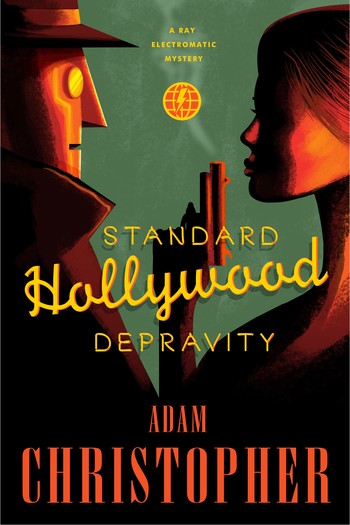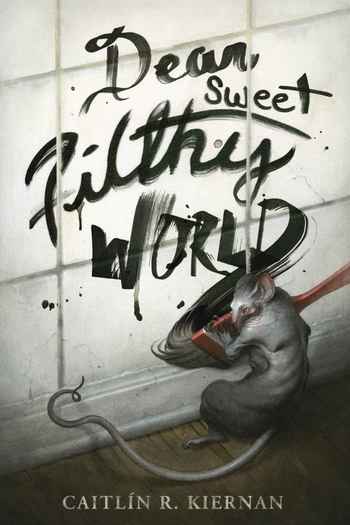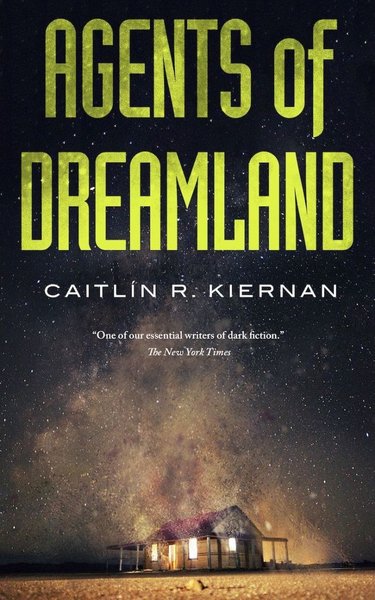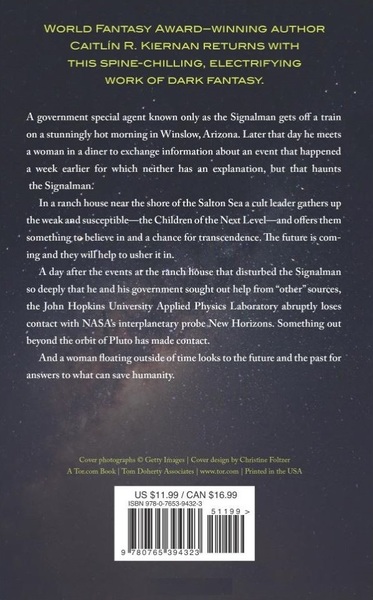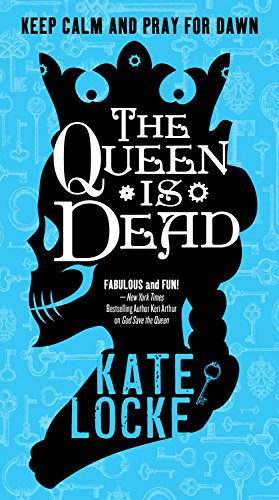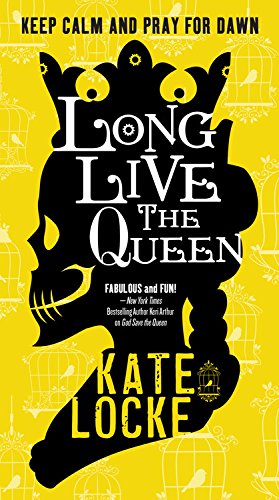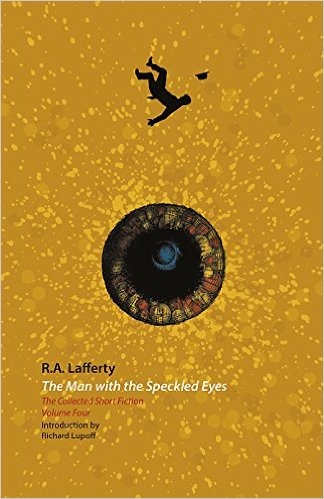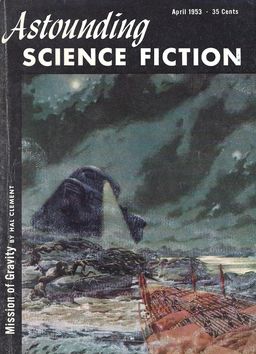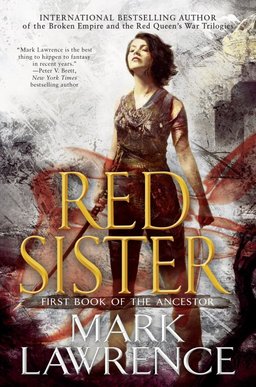New Treasures: The Moon and the Other by John Kessel
 A new novel by John Kessel is a major event.
A new novel by John Kessel is a major event.
Kessel isn’t particularly prolific, but what he has written has gotten a heck of a lot of attention. His second novel, Good News From Outer Space (1989, Tor), was a Nebula nominee, and his first collection, Meeting in Infinity (1992, Arkham House), was nominated for the World Fantasy Award. He’s won two Nebula Awards for his short fiction, and his stories have been nominated for three Hugos, two World Fantasy Awards, and eight Nebulas. His newest novel, The Moon and the Other, is his first in two decades. It arrives in hardcover on Tuesday from Saga Press.
John Kessel, one of the most visionary writers in the field, has created a rich matriarchal utopia, set in the near future on the moon, a society that is flawed by love and sex, and on the brink of a destructive civil war.
In the middle of the twenty-second century, over three million people live in underground cities below the moon’s surface. One city-state, the Society of Cousins, is a matriarchy, where men are supported in any career choice, but no right to vote — and tensions are beginning to flare as outside political intrigues increase.
After participating in a rebellion that caused his mother’s death, Erno has been exiled from the Society of Cousins. Now, he is living in the Society’s rival colony, Persepolis, when he meets Amestris, the defiant daughter of the richest man on the moon. Mira, a rebellious loner in the Society, creates graffiti videos that challenge the Society’s political domination. She is hopelessly in love with Carey, the exemplar of male privilege. An Olympic champion in low-gravity martial arts and known as the most popular bedmate in the Society, Carey’s more suited to being a boyfriend than a parent, even as he tries to gain custody of his teenage son.
When the Organization of Lunar States sends a team to investigate the condition of men in the Society, Erno sees an opportunity to get rich, Amestris senses an opportunity to escape from her family, Mira has a chance for social change, and Carey can finally become independent of the matriarchy that considers him a perpetual adolescent. But when Society secrets are revealed, the first moon war erupts, and everyone must decide what is truly worth fighting for.
The Moon and the Other will be published by Saga Press on April 4, 2017. It is 597 pages, priced at $27.99 in hardcover and $7.99 for the digital edition.

